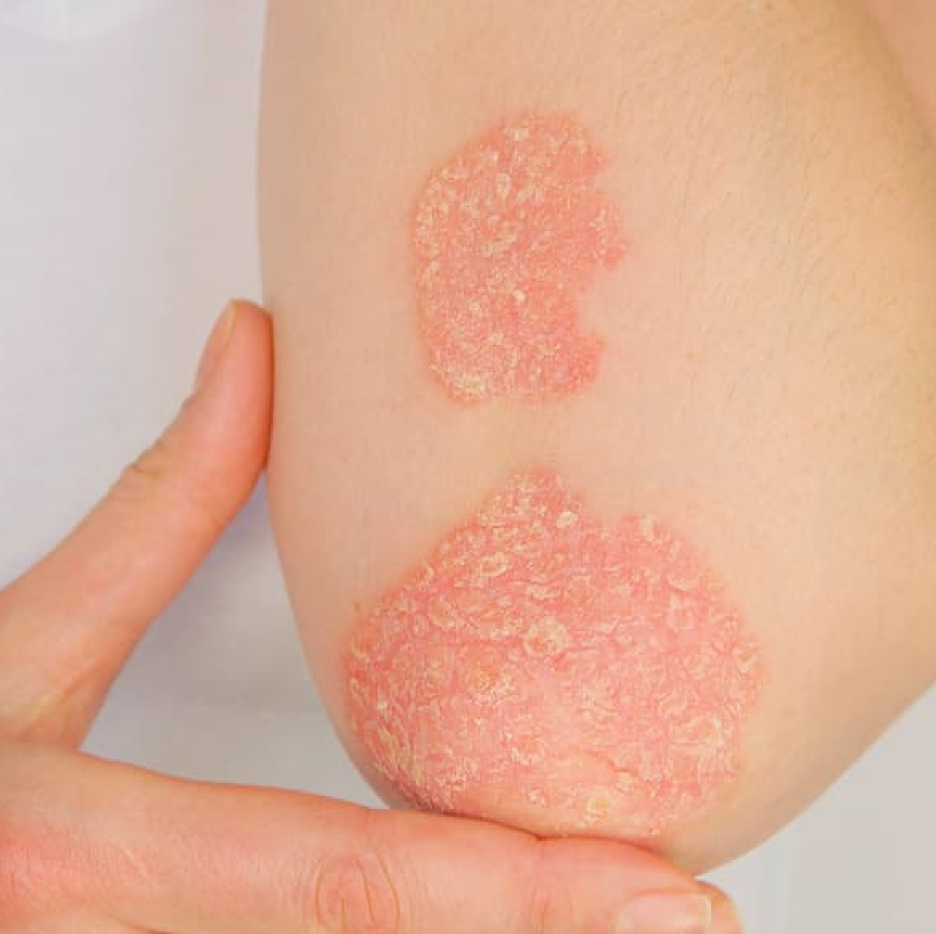Psoriatic Arthritis Patients in UK Included Equally, Across All Degrees of Deprivation
These data highlight the role of the National Health Service, though the relationship between socio-economic background and health outcomes remains complex.

Psoriatic arthritis (PsA) patients in the United Kingdom are equally included across all degrees of deprivation, according to recent findings, suggesting a lack of substantial patient recruitment bias and a lack of time differences from the point of diagnosis to bDMARD therapy initiation.1
These conclusions resulted from a new study, led by Max Lyon from Centre for Musculoskeletal Research at the University of Manchester, known as the Outcomes of Treatment in Psoriatic Arthritis Study Syndicate (OUTPASS) trial. Lyon et al. sought to assess the association between deprivation and environmental elements in PsA patients’ lives that may impact their health outcomes.
“Interestingly, it has been reported that higher levels of education, a key determinant of deprivation, is associated with a lower incidence of PsA, but the association with treatment response has not yet been explored,” Lyon and colleagues wrote. “We aimed to assess the impact of deprivation on access to biologic treatment and the clinical response to these medications.”2,3
Background and Methods
The investigators utilized data which they drew from the aforementioned OUTPASS trial. OUTPASS was designed to function as a nationally-representative, observational, prospective trial that evaluated UK patients with diagnoses of PsA who had begun treatment with a targeted biologic disease-modifying antirheumatic drug (DMARD) or a synthetic DMARD.
The pre-bDMARD point of patients’ baseline represented the beginning of the subjects’ assessment, followed then by the 3, 6 and 12-month marks. The investigators evaluated scores on the patient global visual analogue scale, reports of 28 and 66/68 swollen and tender joint counts, physician and erythrocyte sedimentation rate (ESR) and C-reactive protein (CRP), and patient global assessments.
The research team assessed subjects’ deprivation through use of the Index of Multiple Deprivation (IMD). This represents the official method of measurement of English patients’ relative deprivation through 7 different measures.
The team stratified into 3 cohorts the subjects’ deprivation levels, with the goal being to better represent the level. The IMD is designed to rank each small region within England from 1 (meaning the most deprived region) to 32 844 (meaning the least deprived).
The investigators used shifts in patients’ 28-joint DAS (DAS28) or the criteria for PsA response (PsARC) to determine treatment responses at the 3-month mark. The shifts in subjects’ DAS28 between the IMD cohorts was then evaluated by the research team through use of multivariable linear regression that was also adjusted for DAS28 at baseline. Shifts in PsARC, on the other hand, were looked into through multivariable logistic regression.
Findings
The percent of eligible subjects for the team’s research was 85%). Overall, the investigators reported a lack of statistically significant distinctions among the various socioeconomic groups as far as subjects’ time from the point of their diagnosis to their beginning treatment with biologics.
Among those labeled as the most deprived 20% and the middle 40% [β = −0.52 (95% CI −2.60, 1.55), P = .62], the most deprived and the least deprived 40% [β = 0.86 (−1.23, 2.94), P = .42], no distinct variation was noted. Subjects’ responses to therapy were also shown not to substantially differ between these cohorts.
The changes to participants’ DAS28 scores over the course of 3 months were found by the investigators to be comparable across the spectrum of most, middle 40% [β = −.091 (95% CI −.48, .29), P = .64], and least deprived [β = −.048 (95% CI −.43, .33), P = .80].
There were also not statistically significant distinctions among subjects’ PsARC shifts over 3 months among the most, the middle [OR 1.86 (95% CI .92, 3.73), P = .082], and least deprived subjects [OR 1.53 (95% CI .77, 3.02), P = .22]. A lack of major recruitment bias as far as patients’ socioeconomic status was highlighted as the likely reason.
The team’s research indicates that PsA patients’ socioeconomic deprivation levels were not substantially impactful to their disease response to treatment with biologic agents.
“However, it is important to note that there is a complex relationship between low socio-economic background and disease outcomes,” they wrote. “This study assesses the impact of deprivation in the context of a health service that provides care free at the point of delivery and based on need, and so it cannot be applied to other healthcare systems where deprivation may impact access to healthcare.”
The investigators added that additional data may be necessary, given the somewhat small sample size and the lack of data due to certain variables.
References
- Lyon M, Zhao SS, Jani M, Chinoy H, Barton A, Bluett J; OUTPASS Study Syndicate. The influence of deprivation in the outcomes of psoriatic arthritis within the UK-utilizing Outcomes of Treatment in Psoriatic Arthritis Study Syndicate (OUTPASS) data. Rheumatol Adv Pract. 2024 May 2;8(2):rkae051. doi: 10.1093/rap/rkae051. PMID: 38721964; PMCID: PMC11076919.
- Kerola AM, Sexton J, Wibetoe G et al. Incidence, sociodemographic factors and treatment penetration of rheumatoid arthritis and psoriatic arthritis in Norway. Semin Arthritis Rheum 2021;51:1081–8.
- Eder L, Haddad A, Rosen CF et al. The incidence and risk factors for psoriatic arthritis in patients with psoriasis: a prospective cohort study. Arthritis Rheumatol 2016;68:915–23. doi:10.1002/art.39494.